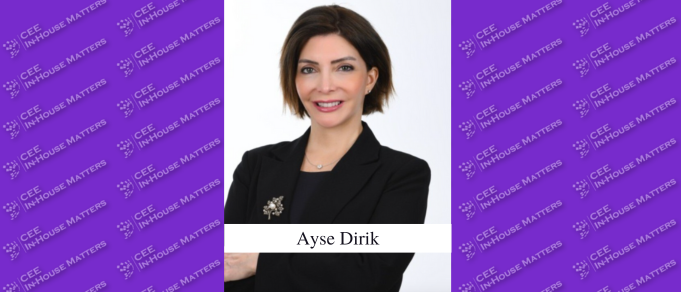With the Public Offering Act already being amended this year, two other important pieces of legislation are likely to impact capital markets in Poland in 2022 – the amendments to the Commercial Companies Code and the Crowdfunding Regulations.
The Public Offering Act
On May 30, 2022, the act amending the Public Offering Act entered into force. The modifications resulting from it apply predominantly to tender offers (for the sale or exchange of shares) of Warsaw Stock Exchange-listed companies.
The key change concerns the percentage threshold of the total number of votes held at the General Shareholders Meeting, above which the obligation to announce an offer for the sale or exchange of all remaining shares arises. The 33% and 66% thresholds have been replaced with a single threshold of 50% of total votes.
At the same time, the amending act introduces a new regulation that enables shareholders to announce a voluntary invitation with respect to all remaining shares, regardless of the number of shares already held. The use of the voluntary invitation eliminates the obligation to announce a mandatory tender offer after the shareholder has exceeded 50% of the total number of votes in a company.
This change is determined by market requirements as only a small fraction of the largest issuers in Poland exceed the 66% threshold. Additionally, after many years of discussions, voluntary invitations (which have been widely used across the EU since 2004) have finally been introduced.
The Commercial Companies Code
On October 13, 2022, the act amending the Commercial Companies Code will enter into force. It is about to introduce long-awaited regulations applicable to the operations of corporate groups. Moreover, there will be a number of regulations granting new rights to the supervisory board.
The amending act stipulates that companies operating within a corporate group can pursue the group’s interests in addition to their own, as long as this does not violate the interests of creditors or minority shareholders. In order to execute an agreement between a parent company and its subsidiary – covering management of the subsidiary or transfer of profits – a resolution of shareholders needs to be adopted. The parent company will be given the power to issue binding instructions, while the subsidiary will be allowed to refuse them under specifically defined circumstances. Any liability for damages resulting from the performance of such binding instructions will be borne by the parent company.
Another change will involve the expansion of the supervisory board’s powers, especially the right to review all the company’s documents and obtain information, reports, or clarifications from employees and individuals holding managerial positions. Additionally, the so-called “business judgment rule” has been introduced in the Commercial Companies Code. Based on it, those who hold managerial positions are not liable for damage caused to the company as a result of their decisions, as long as they have not breached the duty to exercise professional due diligence.
In addition, a joint-stock company will be required to obtain the supervisory board’s consent for any transaction between the company and its parent entity, subsidiary, or affiliate in case the total value of the transaction with the same company during a given financial year exceeds 10% of the company’s total assets, as determined based on its most recent approved financial statements.
The Crowdfunding Regulations
The draft Crowdfunding for Business Ventures and Borrower Assistance Act is aimed at adjusting the Polish legal system to EU laws (more specifically, Regulation (EU) 2020/1503) regarding the operations of crowdfunding platforms, i.e., digital solutions made available online by a crowdfunding service provider for the general public. The Polish Financial Supervision Authority has been designated as the supervisory authority and the one that has jurisdiction to handle matters related to crowdfunding.
Additionally, it has been given the power to get involved in the course of the offering process, as well as to impose sanctions and corrective measures. Also, the draft act introduces the professional confidentiality obligation with respect to the crowdfunding platforms’ services. The issuer, together with the service provider, will be responsible for ensuring compliance of the key investment information sheet with applicable laws. The act is scheduled to come into effect in July 2022.
By Piotr Wojnar, Managing Partner, and Lukasz Swiatek, Senior Associate, Act BSWW Legal & Tax
This Article was originally published in Issue 9.6 of the CEE Legal Matters Magazine. If you would like to receive a hard copy of the magazine, you can subscribe here.

















